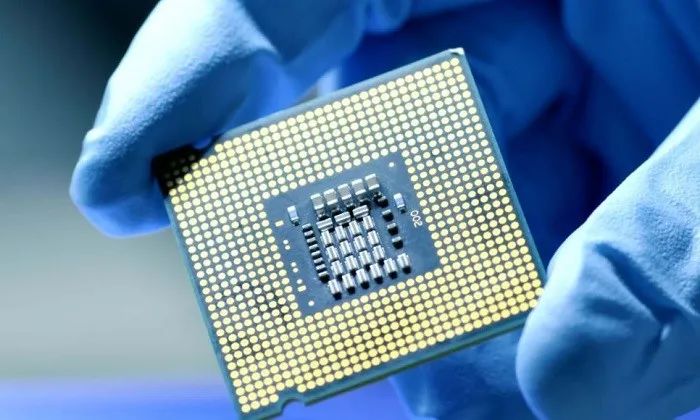

Hotline:0755-22277778
Tel:0755-22277778
Mobile:13826586185(Mr.Duan)
Fax:0755-22277776
E-mail:duanlian@xianjinyuan.cn
1. Malaysia's misfortunes do not come alone, chip production has once again come to a halt, and global chip prices are expected to rise


Since the end of 2020, the global shortage of chips has been ongoing, affecting over 169 industries worldwide, especially the automotive industry, which has been forced to reduce production to alleviate the pressure of chip shortages.
At present, global chip manufacturing giants are actively expanding their chip production capacity, such as TSMC, which has established factories in multiple regions around the world to alleviate the pressure of chip shortage in the industry.

Rainstorm hit Malaysia
But unexpectedly, Malaysia was hit by the super typhoon "Ray", which made the region usher in continuous rainstorm.
According to the author, because of the typhoon and rainstorm, tens of thousands of people in Malaysia were displaced, roads were closed, and even Port Klang, the second largest port in Southeast Asia, was forced to suspend its operation.
It should be noted that Malaysia is an important global hub for chip packaging and testing. According to statistics, over 50 semiconductor companies have established packaging and testing factories locally, and Malaysia's packaging and testing capacity accounts for 13% of the global packaging and testing capacity.

On December 23rd, Zhongguancun Online reported that Japan Radio Industry's quartz component factory in Malaysia has been shut down due to water ingress. At the same time, Bess Semiconductor said that the main production facilities in Malaysia would also be affected by the rainstorm, and its partners, SunMoon Holdings, Hon Hai, Micron, would also be affected.

Intel is probably not feeling well either, after all, Intel relies heavily on Malaysia's chip packaging business. According to the author's understanding, due to the impact of the epidemic, Malaysia was once again locked down, which directly led to a 5.6% decline in Intel's graphics card shipments in the third quarter, and a 6% decrease in global market share.
In order to ensure that its market share does not continue to decline, Intel has decided to bet on Malaysia and plans to invest $7 billion in the region to establish a new chip packaging and testing factory.
Now, Malaysia is encountering rainstorm and typhoon, and it is difficult to fulfill Intel's expectations in a short time.

Global chip prices are on the rise
Nowadays, the attack of natural disasters on the world's important chip packaging and testing base is not good news for the entire chip industry.
It should be noted that the global chip shortage is becoming increasingly severe, and the local chip packaging and testing industry in Malaysia is unable to operate normally, which will seriously hinder the release of chip production capacity. As a result, the global chip shortage may not be alleviated in the short term.

Undoubtedly, the global chip shortage will further intensify, and semiconductor manufacturers may further increase the price of chips. It should be noted that in the past year of 2021, chip prices have increased significantly, and some companies have even adjusted chip prices quarterly. Unless unexpected, chip prices are likely to soar to historical highs.
For terminal manufacturers, the increase in chip prices means that the cost of producing related equipment will also increase, and consumers will become the ultimate victims of chip price increases.

So, how can we control the wave of price hikes?
On the one hand, chip manufacturers need to restore the operation of their factories located in Malaysia as soon as possible to alleviate the pressure on chip manufacturing as much as possible;
On the other hand, chip manufacturing companies need to regulate their chip production capacity reasonably to avoid greater losses for end customers.
In general, affected by the rainstorm in Malaysia, some chip enterprises will suffer losses to varying degrees. Taking Bess Semiconductor as an example, the company predicts that the cost of repairing plants and equipment will be roughly estimated to be around 2 million euros.
Of course, this is only the maintenance cost, and the revenue in the fourth quarter may also have a significant impact.
2. Samsung is still developing a three fold folding screen smartphone
On December 25th, according to MSPoweruser, Samsung has been developing a foldable smartphone with two hinges and three panels in recent years, and we have even seen a prototype from Samsung Display.

Advanced Institute (Shenzhen) Technology Co., Ltd, © two thousand and twenty-onewww.leird.cn. All rights reservedGuangdong ICP No. 2021051947-1 © two thousand and twenty-onewww.xianjinyuan.cn. All rights reservedGuangdong ICP No. 2021051947-2